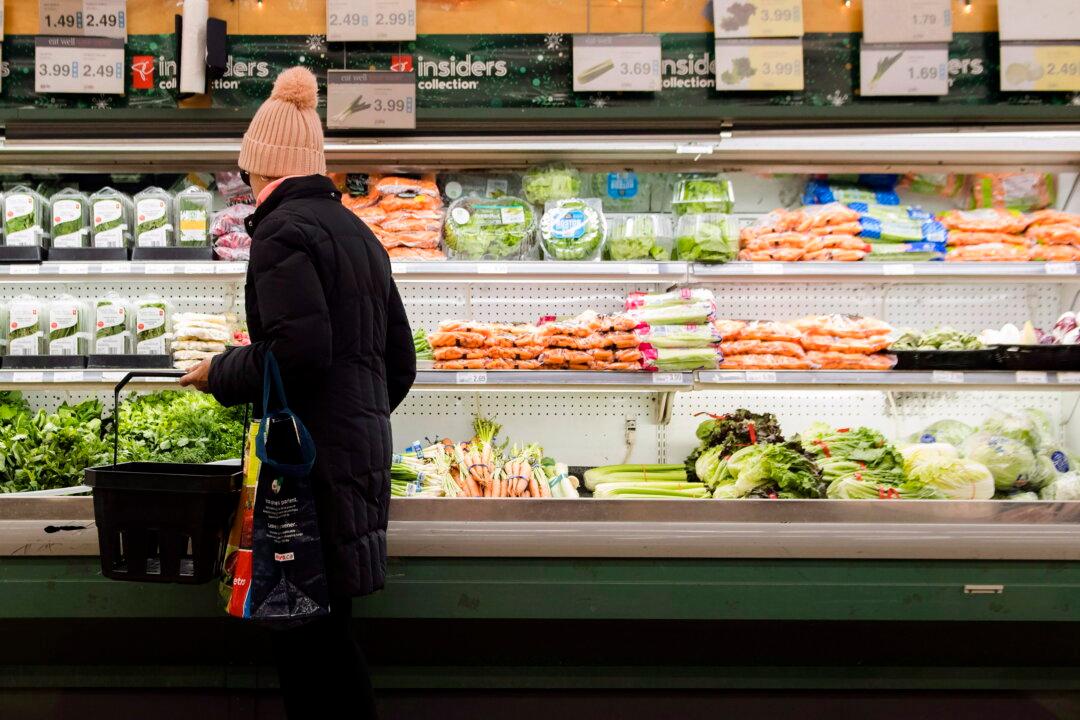The heads of Canada’s three grocery oligarchs will be summoned to appear before a House of Commons committee investigating food price inflation.
MacGregor posted Feb. 13 on Twitter that the Standing Committee on Agriculture and Agri-Food “unanimously passed my motion to summon the Presidents and CEOs of the three biggest grocery chains in Canada: Empire, Loblaws, and Metro to answer for their profit-driven inflation of food prices.”





